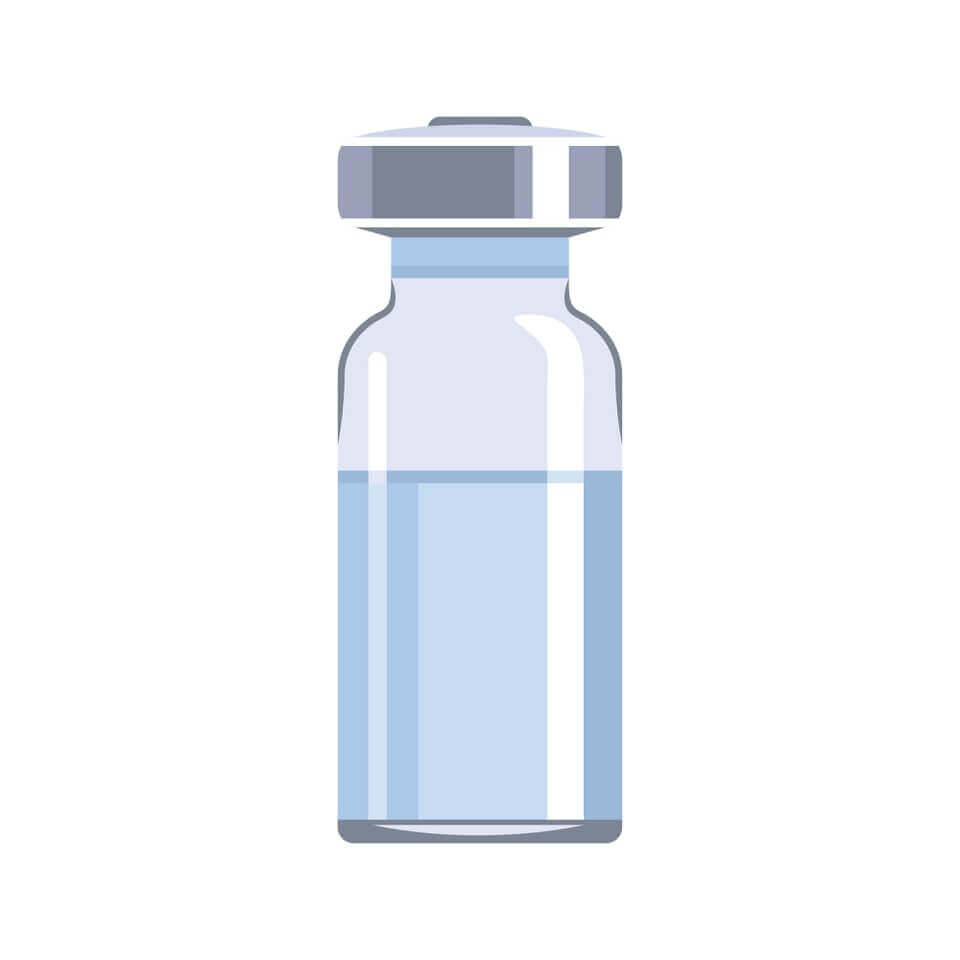Tirzepatide
Tirzepatide

Tirzepatide is designed to help regulate blood sugar levels by stimulating insulin secretion, reducing glucagon secretion (which helps lower blood sugar), slowing down gastric emptying, and promoting satiety (a feeling of fullness), thereby aiding in weight management.
Clinical trials have shown promising results for tirzepatide in terms of both glycemic control and weight loss.
Pricing:
Dose | Cost per 4 weeks of treatment
- 1.25mg (maintenance dose) | $250 per 4 weeks of treatment
- 2.5-5mg | $500 per 4 weeks of treatment
- 6-10mg | $600 per 4 weeks of treatment
- 11-15mg | $700 per 4 weeks of treatment
These products are not intended to diagnose, treat, cure, or prevent any disease.
These services provided have not been evaluated by the Food and Drug Administration.
The material on this website is provided for informational purposes only and is not intended to be or to take the place of medical advice.
Always consult your physician before beginning any treatment or therapy program.
Do not use without a doctor’s advice if you are pregnant or breastfeeding. It is not known whether any of these medications will harm an unborn baby.
Reliance on or use of this information provided on this website is at your own risk.
Warnings:
Tirzepatide may cause tumors in the thyroid, including thyroid cancer. Watch for possible symptoms, such as a lump or swelling in the neck, hoarseness, trouble swallowing, or shortness of breath. If you have any of these symptoms, tell your healthcare provider.
- Do not use Tirzepatide if you or any of your family have ever had a type of thyroid cancer called medullary thyroid carcinoma (MTC).
- Do not use Tirzepatide if you have Multiple Endocrine Neoplasia syndrome type 2 (MEN 2).
- Do not use Tirzepatide if you are allergic to it or any of the ingredients in Tirzepatide.
Serious but rare side effects:
Inflammation of the pancreas (pancreatitis). Stop using Tirzepatide and call your healthcare provider right away if you have severe pain in your stomach area (abdomen) that will not go away, with or without vomiting. You may feel the pain from your abdomen to your back.
Low blood sugar (hypoglycemia). Your risk for getting low blood sugar may be higher if you use Tirzepatide with another medicine that can cause low blood sugar, such as a sulfonylurea or insulin. Signs and symptoms of low blood sugar may include dizziness or light-headedness, sweating, confusion or drowsiness, headache, blurred vision, slurred speech, shakiness, fast heartbeat, anxiety, irritability, or mood changes, hunger, weakness and feeling jittery.
Serious allergic reactions. Stop using Tirzepatide and get medical help right away if you have any symptoms of a serious allergic reaction, including swelling of your face, lips, tongue or throat, problems breathing or swallowing, severe rash or itching, fainting or feeling dizzy, and very rapid heartbeat.
Kidney problems (kidney failure). In people who have kidney problems, diarrhea, nausea, and vomiting may cause a loss of fluids (dehydration), which may cause kidney problems to get worse. It is important for you to drink fluids to help reduce your chance of dehydration.
Severe stomach problems. Stomach problems, sometimes severe, have been reported in people who use Tirzepatide. Tell your healthcare provider if you have stomach problems that are severe or will not go away.
Changes in vision. Tell your healthcare provider if you have changes in vision during treatment with Tirzepatide.
Gallbladder problems. Gallbladder problems have happened in some people who use Tirzepatide. Tell your healthcare provider right away if you get symptoms of gallbladder problems, which may include pain in your upper stomach (abdomen), fever, yellowing of skin or eyes (jaundice), and clay-colored stools.
Common side effects
The most common side effects of Tirzepatide include nausea, diarrhea, decreased appetite, vomiting, constipation, indigestion, and stomach (abdominal) pain. These are not all the possible side effects of Tirzepatide. Talk to your healthcare provider about any side effect that bothers you or doesn’t go away.
Tell your healthcare provider if you have any side effects. You can report side effects at 1-800-FDA-1088 or www.fda.gov/medwatch.
Before using Tirzepatide
- Your healthcare provider should show you how to use Tirzepatide before you use it for the first time.
- Talk to your healthcare provider about low blood sugar and how to manage it.
- If you take birth control pills by mouth, talk to your healthcare provider before you use Tirzepatide. Birth control pills may not work as well while using Tirzepatide. Your healthcare provider may recommend another type of birth control for 4 weeks after you start Tirzepatide and for 4 weeks after each increase in your dose of Tirzepatide.
